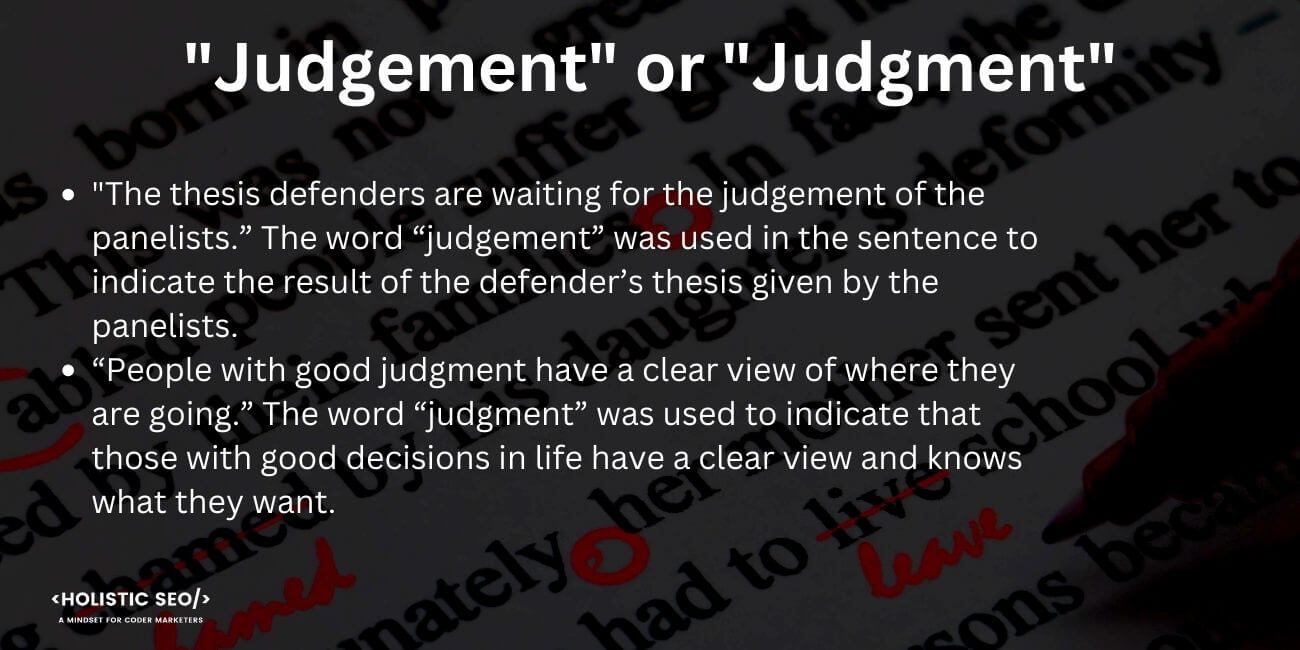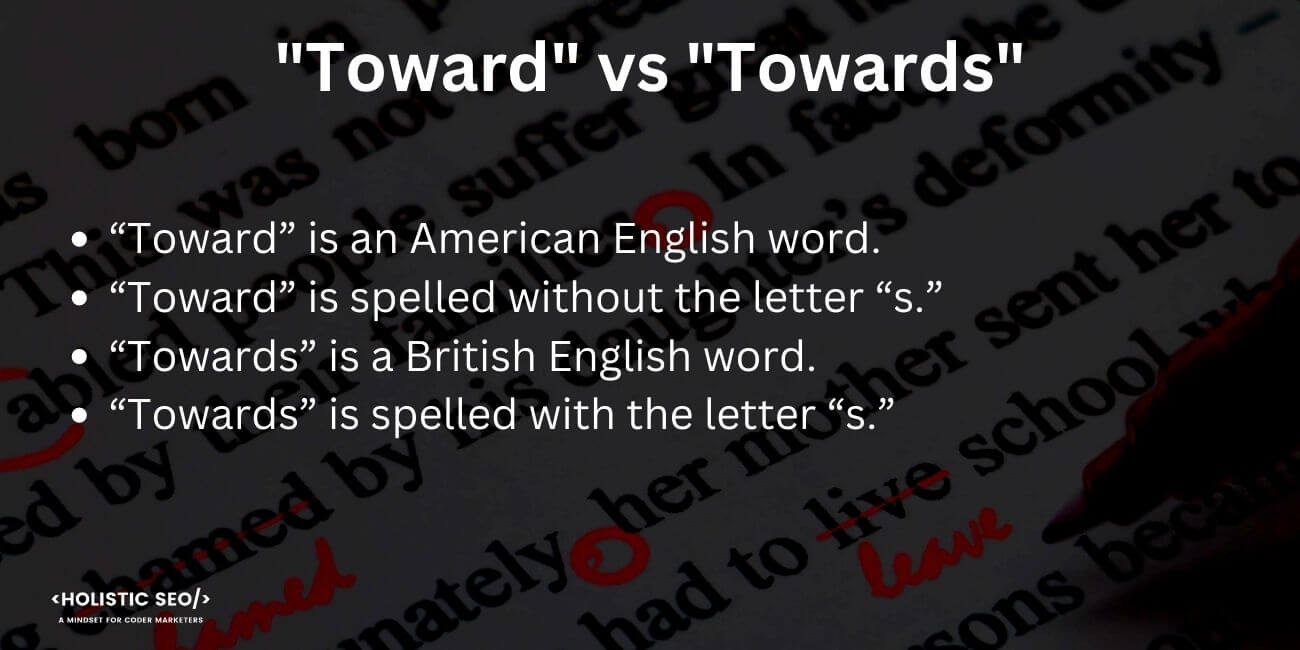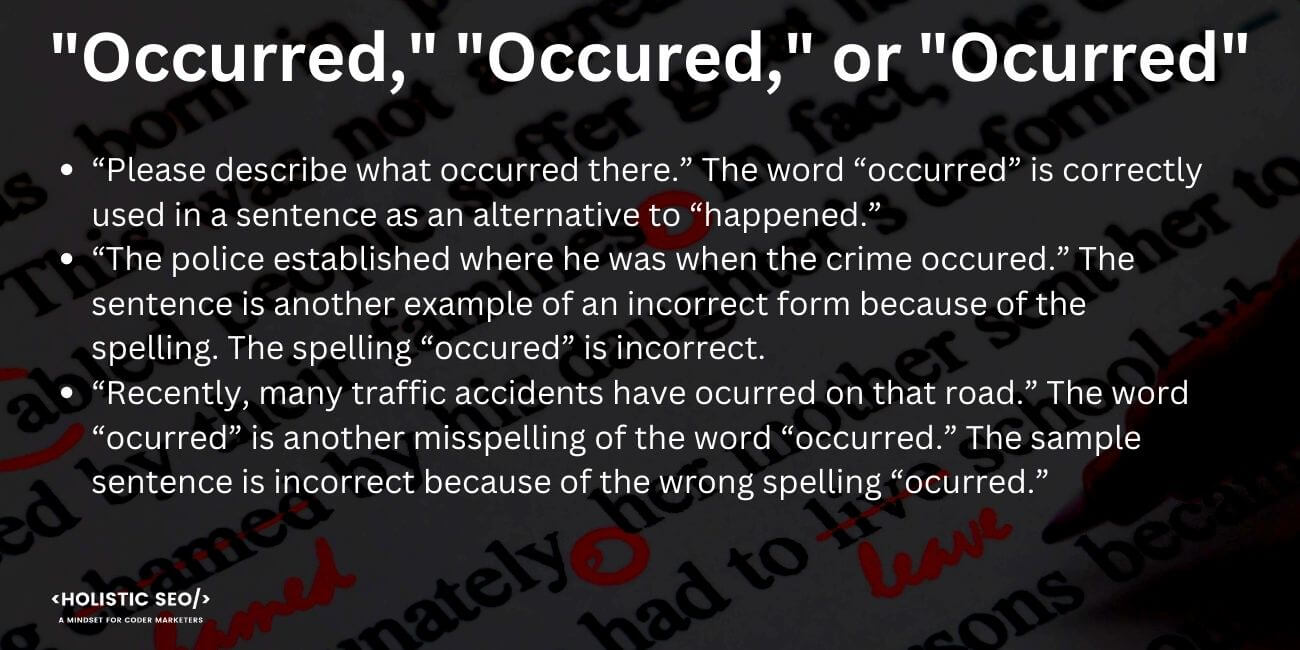“Judgement” is the traditional spelling in British English, while “judgment” is the standard and correct spelling in American English. The single thing that differentiates the use of both words is the particular dialect in which they are spoken. The words “judgement” and “judgment” are the correct spelling words, as they both mean a similar thing. The terms “judgement” and “judgment” refer to the manner of making a view or assessment by discerning. The words “judgement” and “judgment” are both nouns. The spelling “judgment” is the one that is recommended and most frequently used for authorship that is intended for American readers. Meanwhile, the word “judgement” is the suggested and more common spelling form for readers of British English, such as those in Great Britain and Canada. However, “judgment” is the recommended spelling for writing legal frameworks or discussing the law. On top of that, the word “judgment” was first recorded in English in the 1250s to 1300s. The verb “judge” was first derived from the Middle English judge, from Old French jude (noun) and juger (verb), from Latin judex or judic-, from Latin jus (law), and dicere (to say). The word “judgment” comes from the Old French word jugement, which is based on jugier or “to judge” and the suffix of the noun, which is -ment, denoting an action or resulting state, a product, or means. Furthermore, the words “judgement” and “judgment” are used in a similar context. It is crucial to construct sentences that are understandable and clear to either American or British readers. Knowing who the future readers of the article must be considered by the writer. Using the words vice versa, such as “judgement” and “judgment” interchangeably, is improper when writing for readers in the United States or the United Kingdom.
Some example sentences using the word “judgement” and “judgment.”
- The thesis defenders are waiting for the judgement of the panelists.” The word “judgement” was used in the sentence to indicate the result of the defender’s thesis given by the panelists.
- “It is critical to make an accurate judgement during the contest.” The word “judgement” was used to describe that in a contest, the accurate result is the most important part.
- “He won the judgment against the violator.” The word “judgment” was used in the sentence to show that the result favors the man against the violator.
- “People with good judgment have a clear view of where they are going.” The word “judgment” was used to indicate that those with good decisions in life have a clear view and knows what they want.
What is the Difference between Judgement and Judgment?
The main distinction between the words “judgement” and “judgment” is the dialect in which they are used. There are numerous obnoxious spelling differences between American and British English, frequently occurring between two versions of the same word. The spelling of the word “judgement” with “e” is the most commonly used in British English. Meanwhile, the spelling of “judgment” without “e” is used primarily in American English. The words “judgement” and “judgment” terms originate from the verb “judge,” which means to make an opinion or conclusion or to decide the outcome.
Do Judgement and Judgment mean same thing?
Yes, “judgement” and “judgment” share the same meaning. These words are nouns of the verb “judge,” meaning to make a thought or conclusion or to determine the outcome. The words “judgement” and “judgment” have been used consistently over the years, and it is sometimes unclear which, when, or where they must be used. The words are both acceptable spellings in the English language, and both versions of the word “judgement” and “judgment” are acceptable from a grammatical point of view. However, subject to the dialect used, each word is utilized in various ways. “Judgment” is frequently used in American English, while “judgement” is used in British English.
How to Spell Judgement and Judgment?
The spelling of the words “judgement” and “judgment” is only slightly different from one another. The word “judgment” spelling does not have “e” in American English. Meanwhile, “judgement” in British English must be spelled with “e.” On top of that, it is necessary to familiarize oneself with the standard pronunciation and spelling of the language when beginning to pick up and learn English. The most effective strategy is to become familiar with it and explore its phonetics. There is no distinction in the pronunciation of the words “judgement” and “judgment.” The speaker must divide them into two syllables or two sounds to pronounce the words. The words must be pronounced with the sounds ”JUHJ” and “MUHNT.”
When was “Judgement” first used in a sentence?
Most British writers used the word “judgement” when H.W Fowler, a British lexicographer, used the term in his written books on word usage. Samuel Johnson, an author, used “judgement” to define other terms in his English dictionary in 1797. The popularity of the spelling of “judgement” started in British English. The letter “e” in the word “judgement” was retained in British, while America removed it. However, the preferred spelling for British courts and in a legal context is the spelling without an “e,” which is “judgment.”
When was “Judgment” first used in a sentence?
The word “judgment” first appeared in Middle English in the 13th century as juggement, which means ‘opinion’ or ‘penalty imposed by the court.’ It was first recorded in English around the 1250s to 1300s. It arises from the Old French word jugement, which is based on jugier or “to judge” and the suffix of the noun, which is -ment, denoting an action or resulting state, a product, or means. Noah Webster stated they first listed the first misspelling of “judgment” in his 1828 American Dictionary of the English Language.
How to Use “Judgment” in American English?
The word “judgment” is a noun, which means the decision, the legal court’s decision, or the capacity to make a decision. The spelling is acceptable and correct in both American English and British English. It is the only acceptable spelling within American English. However, according to some sources, “judgment” is the suggested spelling for legal frameworks or when discussing the law, even in British English. The American English language must be used for American readers.
Listed below are the example sentences for the word “judgment” in American English.
- The man was anxious about the judgment on his case.
- The prisoner achieved a judgment in their favor.
- Judgment capability is the ability that allows one to make effective decisions in critical situations.
- The accused disagreed with the judgment of the court.
- The company’s problem resulted from the president’s bad judgment.
How to Use “Judgement” in British English?
The word “judgement” is the standard spelling in British English since it gained frequency in British contexts, and now the standard spelling in general British use. It has the same meaning and grammatical rules as “judgment”; however, it is known as the incorrect spelling in American English. The standard spelling to use outside North America, including British and Australian English, is “judgement.” The British English language must be used for British readers.
Listed below are the example sentences for the word “judgement” in British English.
- Use good judgement in making decisions in life.
- The professors must use accurate judgement when determining the performance of the students.
- The grades of the student are up to the teacher’s judgement.
- Individuals make judgement in their everyday life.
- Their stare is full of judgement.
What are the Common Phrase Combinations of “Judgement” and “Judgment”?
The table below shows the common phrase combinations of “judgment” and “judgement.”
| Word | Definition | Phase Combination | Example sentences of Phrase Combination |
| Judgment | The American English word “judgment” as a noun refers to the ability to make decisions or come up with sensible conclusions. An opinion, conclusion, or verdict of the court or judge. The American English word “judgment” as a noun refers to a disaster or misery seen as a divine punishment. | “The judgment” “A judgment” | The judgment of the judge on his case is guilty. The low grades had been a judgment of the student’s lack of diligence. |
| Judgement | The British English word “judgement” is a noun to refer to punishment or penalty. The British English word “judgement” as a verb refers to the process of making an opinion or evaluation by discerning or comparing. | “For judgement” “The judgement” | They say that God is coming for judgement. The judgement of the man is accurate and wise. |
The table shows that the word “judgement” and “judgment” have no differences in meaning. The words are only distinct from which language they are being used. The spelling “judgement” is used in British English, while “judgment” is used in American English. The usage of the words depends on the reader of the article, while the spelling depends on the content’s target audience.
What are the Example Uses of “Judgement” in British Publications?
Listed below are examples of uses of “judgement” in British Publications.
- “Brentano concludes that the distinction between judgement and presentation is intrinsic and irreducible to other distinctions between these mental phenomena.” The example was all about the conclusion of Brentano about the distinction between “judgement” and presentation, which are intrinsic and irreducible to other differences in these mental phenomena. The release date of the example phrase was during the year 2000.
- ‘Theories regarding judgement, decision-making, and choice generally fall into two categories: normative theories of cognition and descriptive theories of cognition.” The example was all about the fact that there are two categories of theories regarding “judgement,” decision-making, and choice, and these two categories are normative theories of cognition and descriptive theories of cognition. The release date of the example phrase was during the year 2008.
What are the Example Uses of “Judgmnt” in American Publications?
Listed below are examples of uses of “judgment” in American Publications.
- “The trial court’s verdict against Morris and Steel was affirmed by the appeals court, and the judgment was appealed to the House of Lords, Britain’s highest court.” The phrase was from the publication of Cambridge University Press. The example was all about the affirmation of the court to Morris and Steel’s verdict, and Britain’s highest court the ones who appealed the “judgment.” The release date of the example phrase was during the year 2008.both
- “Since the judgment could not be enforced in England, the plaintiff asked the New York court to enforce the British libel ruling against the defendant under the New York Civil Practice Law and Rules (CPLR).” The phrase was from the Hastings Communications and Entertainment Law Journal. The example is all about the plaintiff asking the New York court to enforce the British libel ruling against the defendant under the New York Civil Practice Law and Rules (CPLR) since the “judgment” is unable to be enforced in England. The release date of the example phrase was during the year of 1993.
When to use the word “Judgement” and “Judgment”?
The word “judgement” is used for British English, while the word “judgment” is used for American English. The words “judgement” and “judgment” are both nouns of the verb “judge,” and they have the same meaning. The meaning of both words is the process of making an opinion or evaluation by discerning or comparing, or referring to a disaster or misery seen as a divine punishment or legal court’s decision. “Judgement” is acceptable in British English, while “judgment” is in American and British English. However, use the spelling “judgment,” even for British English, if it is used for legal frameworks or discussing the law.
How to Use “Judgement” or “Judgment” for Content Marketing?
The words “judgement” and “judgment” in content marketing depend on the audience type. The content writer has the option of using different types of spelled words. The spelled word “judgment” must only be used by American English readers, as it is the preferred option in their language. Meanwhile, the spelled word “judgement ” is only used in British English, as it is the preferred spelling option for their language. Using these spelled words properly in content marketing will have a better ranking and generate more audience than misusing these words. Moreover, using the right words and understanding the audience provides insights into unmet needs. The strategy allows businesses to develop their product/service offering better and sell strategy to meet their audience’s demand.
How does Accent Differences Affect Search Engine Optimization?
Accents have importance, affecting the search marketing effect in a particular language. The algorithm considers the sites with versions of the word, whether with or without an accent. For instance, the user searches for a term with accented characters, and the results are for all the different accents. Even searching without the accented characters, if the word could be spelled with an accent, the algorithm considers pages with accented and non-accented versions. Additionally, the chosen interface language impacts the results. For example, the results are primarily documented in English if the user’s interface language is English. The algorithm assumes that the queries are in English and prefers English documents since it is the chosen interface language. The ranking changes, though, with some intersections with top places varying less than lower first-page listings. The algorithm considers various spellings distinctively. On the other hand, Multiregional SEO is used for optimizing a source for different languages. For example, a source with English for different countries, including Australia, Canada, or United States, is targeted for Multiregional SEO. Additionally, the opportunities occur and impact the Multiregional SEO Guide for intelligent marketers. The importance of accents in search engine algorithms is often talked about by International SEO experts. An accent is a short line or mark written above, below, or within a particular letter or character in some language. These lines and marks indicate how to pronounce the letter or symbol. Furthermore, using an accent in content writing is vital for search engine optimization. Accents for various audiences are beneficial for ranking the site or content higher in different search engine optimization globally.
What are the Similar Accent Differences such as “Judgement and Judgment”?
Listed below are the similar accent differences, such as “judgement” and “judgment.”
- “Defence” and “defense”: The words “defence” and “defense” are similar to the other accent words “judgement” and “judgment.” They are similar to the words “judgement” and “judgment.” because both have the same definitions when used in a sentence but vary in dialect. The words “defence” and “defense” have the same meaning. These words are synonyms for work or effort. Furthermore, the word “defence” is more common in British English, while “defense” is more common in American English.
- “Breathalyse” and “breathalyze”: The words “breathalyse” and “breathalyze” are similar to the other accent words “judgement” and “judgment.” They are similar to the words “judgement” and “judgment.” because both have the same definitions when used in a sentence, but vary in dialect. The words “breathalyse” and “breathalyze” have the same meaning. These words are synonyms for work or effort. Furthermore, the word “breathalyse” is more common in British English, while “breathalyze” is more common in American English.
- “Licence” and “license”: The words “licence” and “license” are similar to the other accent words “judgement” and “judgment.” They are similar to the words “judgement” and “judgment.” because both have the same definitions when used in a sentence but vary in dialect. The words “licence” and “license” have the same meaning. These words are synonyms for work or effort. Furthermore, the word “licence” is more common in British English, while “license” is more common in American English.
- “Oestrogen” and “estrogen”: The words “oestrogen” and “estrogen” are similar to the other accent words “judgement” and “judgment.” They are similar to the words “judgement” and “judgment.” because both have the same definitions when used in a sentence but vary in dialect. The words “oestrogen” and “estrogen” have the same meaning. These words are synonyms for work or effort. Furthermore, the word “oestrogen” is more common in British English, while “estrogen” is more common in American English.
- “Manoeuvre” and “maneuver”: The words “manoeuvre” and “maneuver” are similar to the other accent words “judgement” and “judgment.” They are similar to the words “judgement” and “judgment.” because both have the same definitions when used in a sentence but vary in dialect. The words “manoeuvre” and “maneuver” have the same meaning. These words are synonyms for work or effort. Furthermore, the word “manoeuvre” is more common in British English, while “maneuver” is more common in American English.
Are the spellings “Judgement” and “Judgment” both correct?
Yes, “judgement” and “judgment” are correct spellings. The words are used in the same context and share the same meanings. The only distinction between the two is the dialect being used. However, the writer must remember that the words must be used in the correct language. The word “judgment” is used in the American English language. Meanwhile, the word “judgement” is used primarily in British English.
- 48 Online Shopping and Consumer Behavior Statistics, Facts and Trends - August 22, 2023
- B2B Marketing Statistics - August 22, 2023
- 38 Podcast Statistics, Facts, and Trends - August 22, 2023


